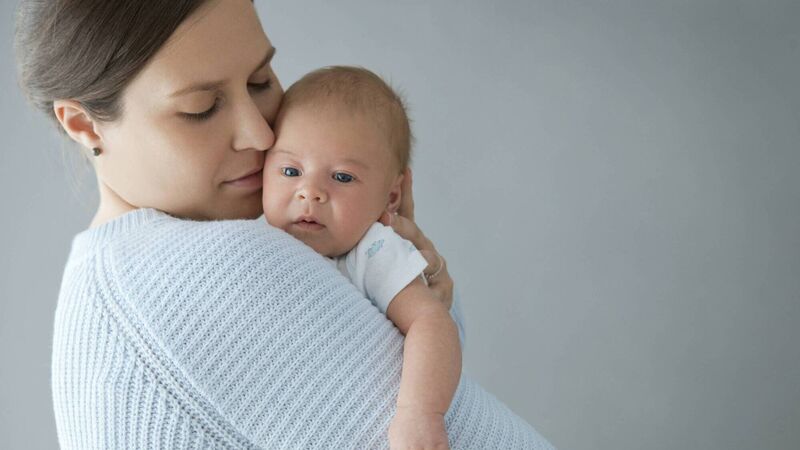'I had a panic attack in labour': Mums of pandemic babies reveal their struggles

Picture: iStock
Try from €1.50 / week
SUBSCRIBE
Picture: iStock
As the first babies born during the global pandemic turn two, it’s time to look back on the altered healthcare mums of newborns had to navigate.
Hospital restrictions, lockdowns, limited postpartum care and difficulty getting into GP surgeries meant new mums often felt abandoned during their most vulnerable time.
Already a subscriber? Sign in
You have reached your article limit.
Annual €130 €80
Best value
Monthly €12€6 / month
Introductory offers for new customers. Annual billed once for first year. Renews at €130. Monthly initial discount (first 3 months) billed monthly, then €12 a month. Ts&Cs apply.
CONNECT WITH US TODAY
Be the first to know the latest news and updates
Newsletter
The best food, health, entertainment and lifestyle content from the Irish Examiner, direct to your inbox.
Newsletter
The best food, health, entertainment and lifestyle content from the Irish Examiner, direct to your inbox.

Our team of experts are on hand to offer advice and answer your questions here
© Examiner Echo Group Limited